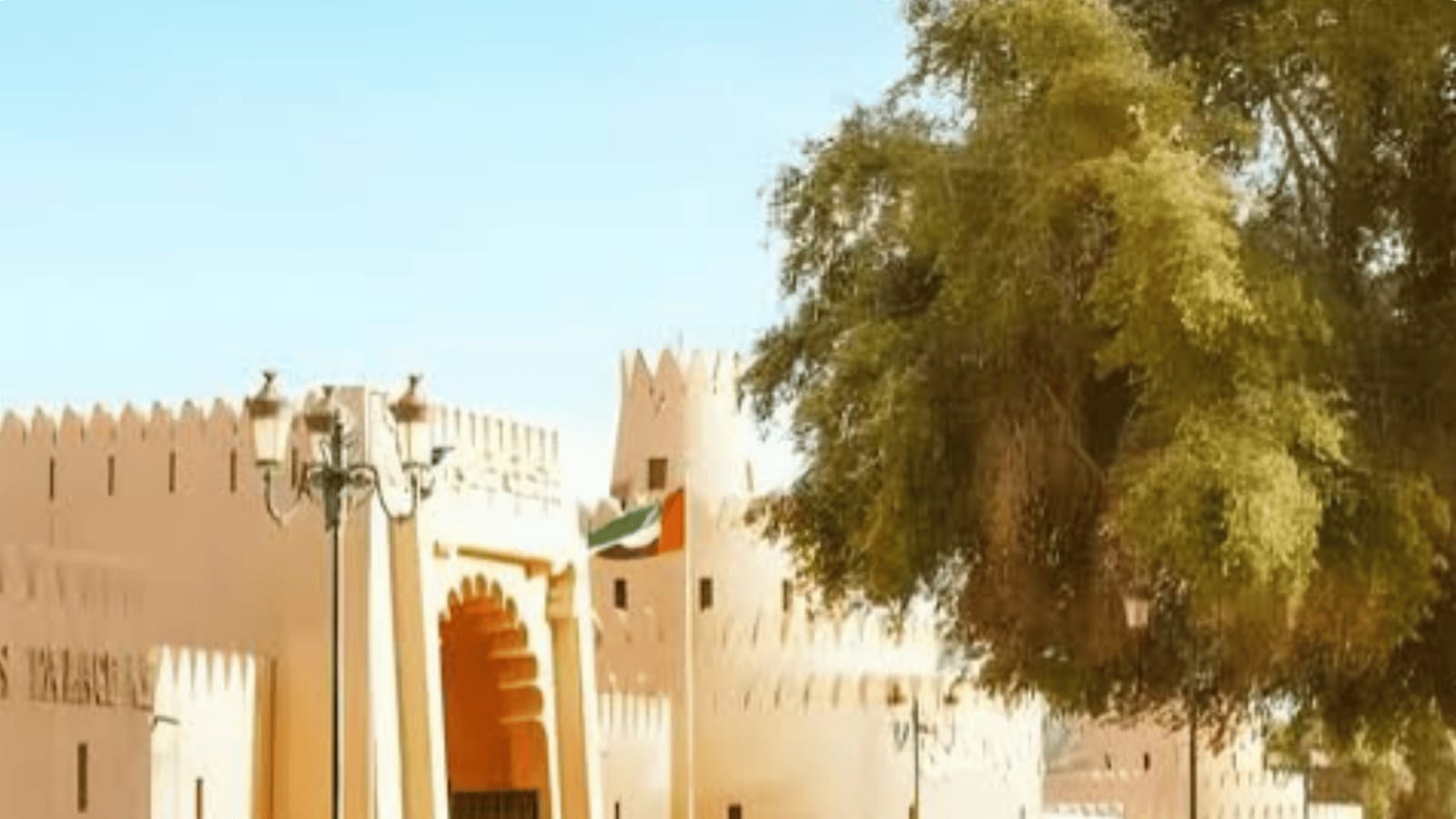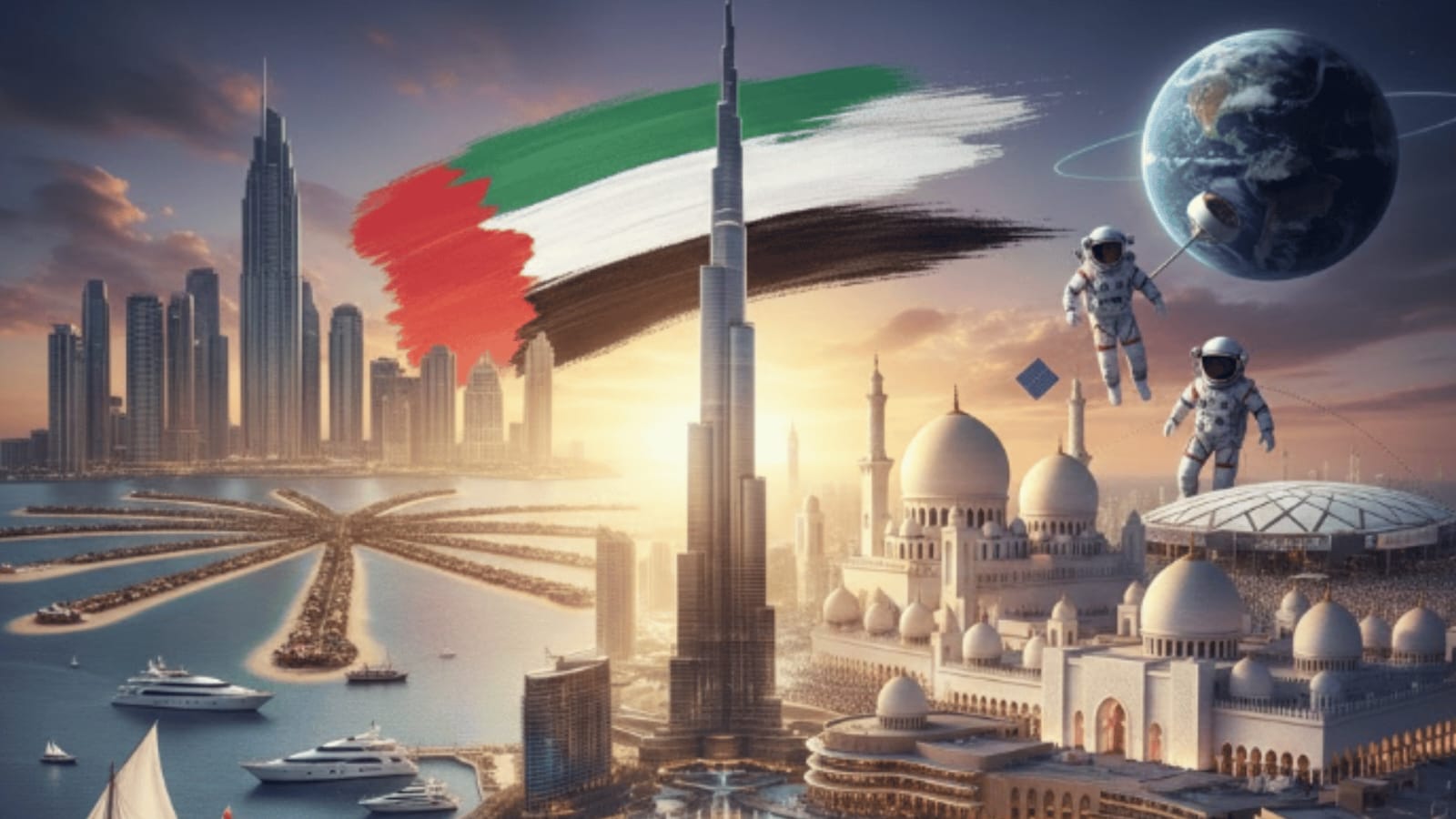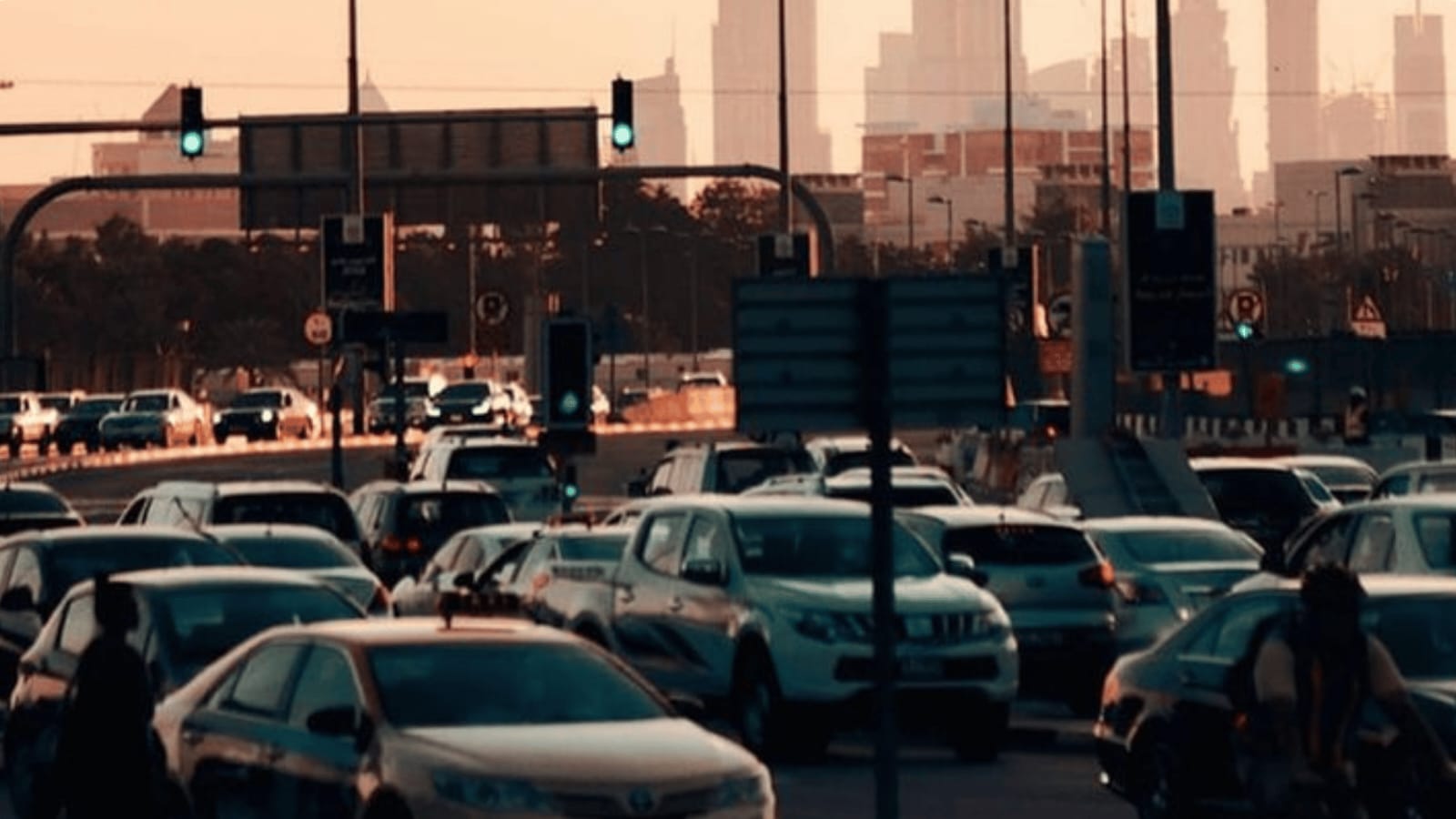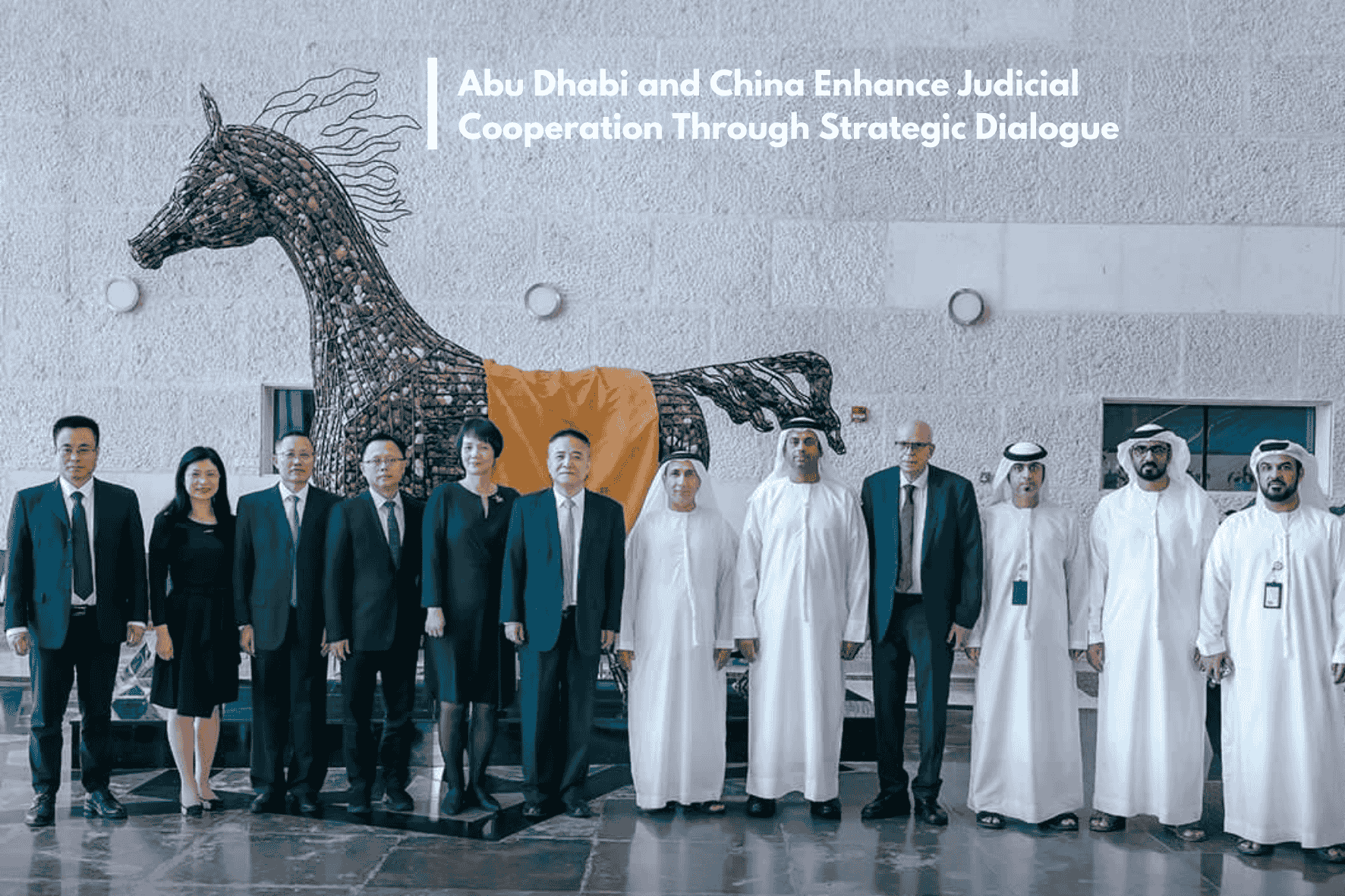Viral Pakistani Imam Speech Questions India-Pakistan War Support

Religion, politics, and public sentiment often converge in moments of national tension—especially during conflicts between countries. A recently circulated video on social media has brought global focus to Pakistan’s internal perspective on the idea of a war with India. The video features Abdul Aziz Ghazi, the controversial cleric and Imam of Lal Masjid in Islamabad, addressing a crowd. What makes the footage notable is not only what the Imam says—but the reaction from those listening.
A Surprising Silence in a Historically Vocal Space
Within the iconic Lal Masjid, known for its place in Pakistan’s religious and political history, Abdul Aziz Ghazi asked the assembled men a pointed question: “Those who want to support Pakistan in a war with India, raise your hands.” What followed was total silence. No hands rose, no voices responded—just stillness. This quiet reaction was striking, especially in a space often filled with strong ideological discourse.
The Imam appeared taken aback. He commented on the silence with a note of reflection, saying, “There are very few, which means many are enlightened now.” This observation suggested a possible shift in public perception—perhaps signaling a growing hesitation to support war without question.
Criticism Beyond Borders and Within
Ghazi did not stop at posing a rhetorical question. He expanded his remarks into a wider critique of Pakistan’s internal governance and treatment of its own Muslim population. According to him, Muslims in Pakistan face oppression at the hands of their own state. “Pakistani forces bomb our own Muslims in Pakistan. India doesn’t do that with Indian Muslims,” he said.
While comparisons like these are inherently provocative, Ghazi seemed more focused on drawing attention to domestic issues than praising any external nation. He framed his criticism in terms of accountability, suggesting that Pakistan should focus on addressing its internal injustices before looking outward.
A Call for Self-Examination and Accountability
In referencing the 2007 Lal Masjid military operation, in which Pakistani forces confronted clerics and students inside the mosque, Ghazi accused the government of turning its weapons inward. He asked, “Do people go missing in India as they do in Pakistan?” The question pointed toward the controversial issue of enforced disappearances in Pakistan, often affecting Baloch activists, Pashtuns, PTI members, clerics, and journalists.
Ghazi’s argument wasn’t framed as a simplistic endorsement of another country’s policies, but as a demand for justice within his own. The issue, he implied, isn’t about being pro-India or anti-Pakistan—it’s about recognizing the struggles faced by ordinary citizens and pushing for reform at home.
When Religion and Political Commentary Converge
Delivered in a mosque, Ghazi’s speech nonetheless touched deeply on political themes. He argued that war between India and Pakistan is not a religious conflict. “India-Pakistan war is not a war of religion,” he said. “Pakistan’s war is a war of the community. And the Prophet said to fight for the community.”
This interpretation of religious teaching challenges conventional narratives. Ghazi rejected the use of religion to justify war, insisting instead that any struggle should be based on community welfare and justice. His stance represents an attempt to separate religious piety from state-driven conflict agendas.
Social Media Reactions and Varied Interpretations
The video has sparked intense discussions across digital platforms. Many saw the audience’s silence as a quiet form of dissent—a refusal to endorse war. Others interpreted it as a sign of disillusionment or growing political maturity. The lack of response was viewed by some as a conscious choice not to support a cause without questioning its morality.
However, not all reactions were favorable. Some critics pointed out Ghazi’s own controversial past, questioning the authenticity of his pacifist message. Nevertheless, the fact that these discussions are happening at all—and gaining attention—suggests that public discourse in Pakistan may be evolving.
Freedom of Speech and the Risks of Dissent
In a nation where criticism of state policies can carry consequences, Ghazi’s ability to speak freely is itself notable. Pakistan has faced increasing scrutiny over press freedom, censorship, and human rights. In this environment, his statements—regardless of their origin—highlight the fine line between religious expression and political activism.
Whether Ghazi’s speech signals a trend or remains an isolated moment remains to be seen. But it undeniably brings attention to the issue of civic freedom and the role of religious institutions in fostering debate.
Reflecting on War and Peace in South Asia
Implicit in Ghazi’s remarks is a deeper question: what does conflict really serve in the modern context of South Asia? India and Pakistan share a history marred by war and distrust. Yet, beyond political tensions, public opinion across both nations often reflects a desire for peace and progress rather than hostility.
His comments may signal that the true cost of conflict—human lives, broken communities, economic instability—has become too high a price for many. The Imam’s message appears to encourage introspection over aggression and civic well-being over nationalist fervor.
Generational Change and New Attitudes Toward War
One possible interpretation of the mosque audience’s silence is the emergence of a generational shift in thinking. Today’s youth, more connected and exposed to international narratives than ever before, are increasingly critical of traditional calls to war. Access to global education, media, and cultural exchange has reshaped how they understand geopolitics and national identity.
The silence in the video may represent this shift—a quiet rejection of conventional rhetoric. In place of blind allegiance, there seems to be a rising demand for thoughtful engagement and moral clarity. It is perhaps a moment that symbolizes the growing influence of dialogue over dogma.
A Moment, Not a Movement—But Still Meaningful
Despite its emotional resonance, it is important not to exaggerate the implications of one event. While the video captured a unique moment, it may not reflect a broader national consensus. Pakistan is a diverse country with varied opinions, and one mosque audience cannot speak for all.
Still, moments like these matter. They serve as windows into public sentiment and invite broader reflection on the role of nationalism, state authority, and religious discourse. Even a single voice—or the absence of one—can spark conversations that ripple far beyond their original context.
Religion’s Role in Civic Debate
In many countries, religious leaders hold significant influence, and their words often carry political weight. Ghazi’s decision to use his platform to address matters of governance, justice, and national interest speaks to this dual responsibility. His voice blends faith with civic duty, aiming to call attention to the suffering and concerns of his community.
Whether one agrees with his past or present views, the Imam’s willingness to challenge prevailing narratives adds another layer to the ongoing dialogue in South Asia. His message underscores that spiritual leadership is not confined to ritual but can also encompass advocacy, awareness, and responsibility.
Silence as a Statement
In closing, the video of Abdul Aziz Ghazi addressing his audience—and receiving silence when asking for support for a war with India—has created a moment of powerful reflection. It highlights a potential shift in public consciousness, away from reactionary politics and toward critical engagement.
The Imam’s message questioned the logic of external conflict when internal wounds remain unhealed. He brought attention to issues like government repression, missing persons, and inequality—offering not praise for another nation, but a plea for justice at home.
Most strikingly, the absence of response to his question was not empty. In a world saturated by noise and constant commentary, silence can be the loudest protest. It can signify discomfort, dissent, or simply a refusal to repeat history.
Whatever its meaning, the silence in that mosque sent a message that resonated far beyond its walls.







